The discussion session is also a forum for multi-dimensional dialogue between managers, experts and UNESCO representatives, affirming the pioneering role of heritage cities (HERITAGE CITIES) in seeking a new development model: harmony between conservation, innovation and improving people's quality of life.
|
Dien Kien Trung is a model for the conservation and development of Hue 's heritage. |
People are at the heart of heritage development
In the opening, Dr. Ang Ming Chee, Director General of the George Town World Heritage Organization (GTWHI-Malaysia), shared the experiences of George Town and Melaka - two historic cities recognized by UNESCO as "exceptional examples of East-West cultural exchange". She emphasized that the biggest challenge today is not only preserving ancient architecture, but also maintaining the connection between the community and heritage, making people feel like they are the owners and co-creators of local identity.
Through the model of “Heritage for the community, by the community and for the community”, GTWHI has organized hundreds of consultation, education and heritage festival activities - creating a vibrant vitality from within the society. She also proposed to establish a “Global Network of World Heritage Managers”, to connect, exchange and share experiences between DTDS, helping to enhance the capacity and voice of heritage managers in the UNESCO system.
From a coordination perspective, Dr. Phan Thanh Hai emphasized: “Heritage cannot be protected without social consensus. Community participation - from local residents, businesses, scientists to international organizations - is the factor that ensures the sustainability of the DTDS”. This viewpoint creates an ideological axis throughout the entire discussion session, connecting seemingly different topics into a common thread: People are the center of heritage development.
Digital heritage and smart cities
|
Delegates discussed in groups and asked questions at the workshop. |
Dr. Hong Seung Mo (Korea) delivered a detailed presentation on “Information Technology Prospects in the Conservation, Management and Revitalization of Heritage Cities”, based on the UNESCO framework. He affirmed that digital technology is a strategic lever to enhance the resilience and sustainability of heritage, especially when cities face natural disasters, climate change and tourism pressure.
Modern technologies are helping to accurately record, reproduce and manage layers of urban history. The 3D scanning project of Thai Hoa Palace in Hue has built an integrated model of structure, age, materials and hypertext data, creating a premise for comprehensive digital conservation of Hue Imperial Citadel as a typical example of the transition from "physical conservation" to "digital heritage management". Hue is moving towards the model of "Digital Heritage - Smart City - Sustainable Community", where technology does not replace people, but serves people and preserves the humanistic values of heritage.
Associate Professor Dr. Kim Ji-hong (Hanyang University, Korea) continued to deepen the social aspect of heritage conservation. She pointed out that in many Asian countries, the conflict between heritage conservation and economic development is still a difficult problem. She affirmed that when local authorities know how to link conservation with improving the lives of residents, heritage is no longer considered a "barrier to development", but becomes a source of stimulation for local economy and culture.
New legal framework and opportunities for Vietnamese heritage
|
Tourists visit Hue Imperial City |
From a policy perspective, Dr. Le Thi Minh Ly, Vice President of the Vietnam Cultural Heritage Association, cited the project to inventory cultural heritage in Hue as a large-scale project, which for the first time compiled and identified more than 800 relics, nearly 600 intangible heritages and hundreds of rare documentary heritages. Dr. Ly affirmed: "Only when we have complete, transparent and updated data, can we manage heritage with knowledge, instead of just by feeling."
Through the discussion, it can be seen that: From Malaysia, Korea to Vietnam, three prominent streams of thought on heritage management met in Hue. That is: Community - Heritage is only truly "alive" when the community protects and co-creates together; Technology - Digital transformation is a powerful tool to understand, record and regenerate heritage; Policy - Law is the framework to ensure sustainable development, harmony between conservation and life.
The discussion session connected those perspectives into a harmonious whole, in which the experts agreed: heritage is not only an asset of the past but also a resource for future development, if placed in the right position in the social structure and policies. That is also the spirit of Hue today - a city that is strongly transforming to become a creative, smart and humane city in the new era.
|
The urban heritage of Hue city is typical of heritage cities in the Asia-Pacific region. |
The discussion session not only has academic value, but also demonstrates Hue’s proactive role in the world’s heritage city network. Opinions were closely linked, moving from theoretical exchange to practical discussion. International experts highly appreciated Hue’s way of harmoniously combining conservation, smart tourism and digital transformation - considering this a “regional model” that can be replicated for many other heritage cities in Asia - Pacific.
From George Town to Gyeongju, from Hahoe to Hue, each city is finding its own solution to the problem of “preservation in development”. But through this discussion, we can see a common direction: Connecting knowledge, technology and community to create sustainable and livable heritage cities.
As Dr. Phan Thanh Hai concluded in his role as moderator of the meeting: “Preserving heritage is not about closing the past, but about opening up the future. When heritage becomes a living part of contemporary life, when people benefit from their own heritage, then we can truly achieve sustainable development.”
PEACE
Source: https://huengaynay.vn/chinh-tri-xa-hoi/theo-dong-thoi-su/di-san-do-thi-trong-ky-nguyen-moi-tu-bao-ton-den-phat-trien-ben-vung-va-dang-song-158833.html


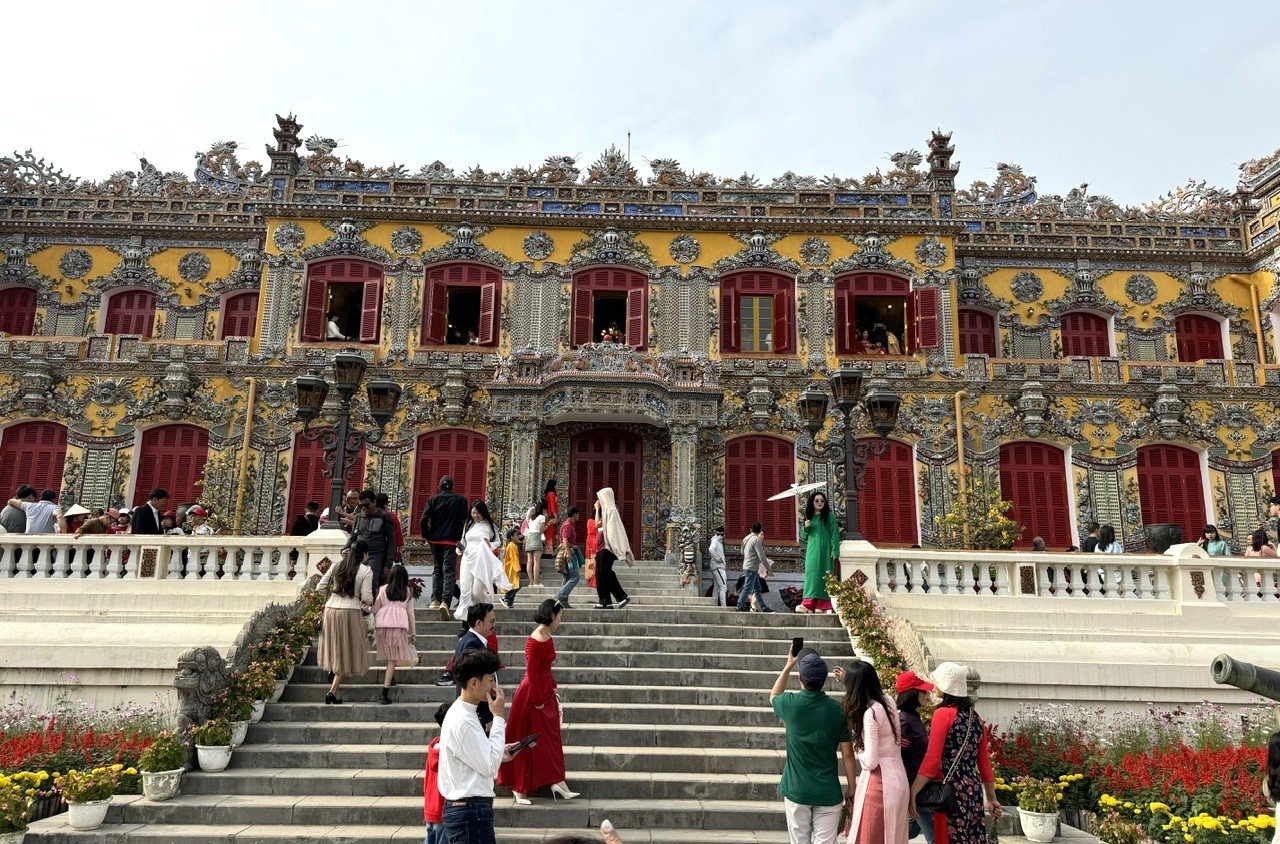
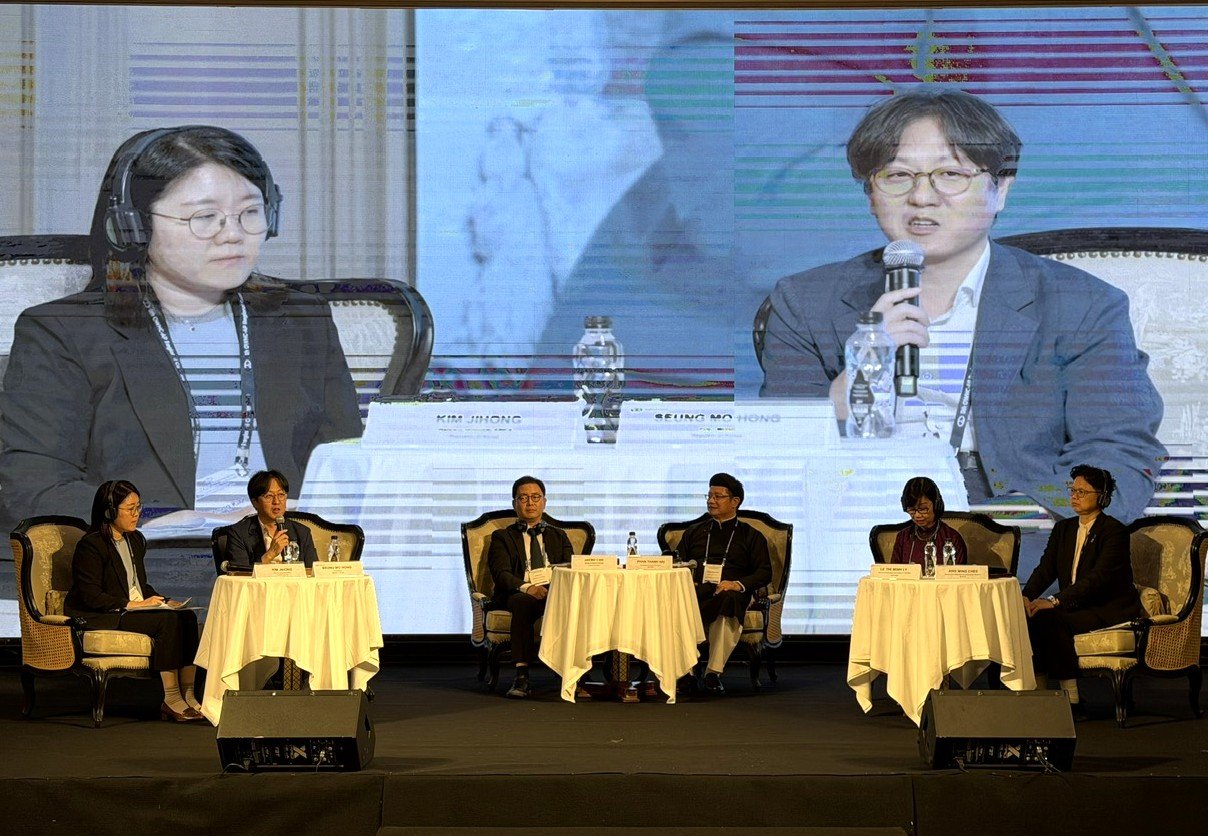
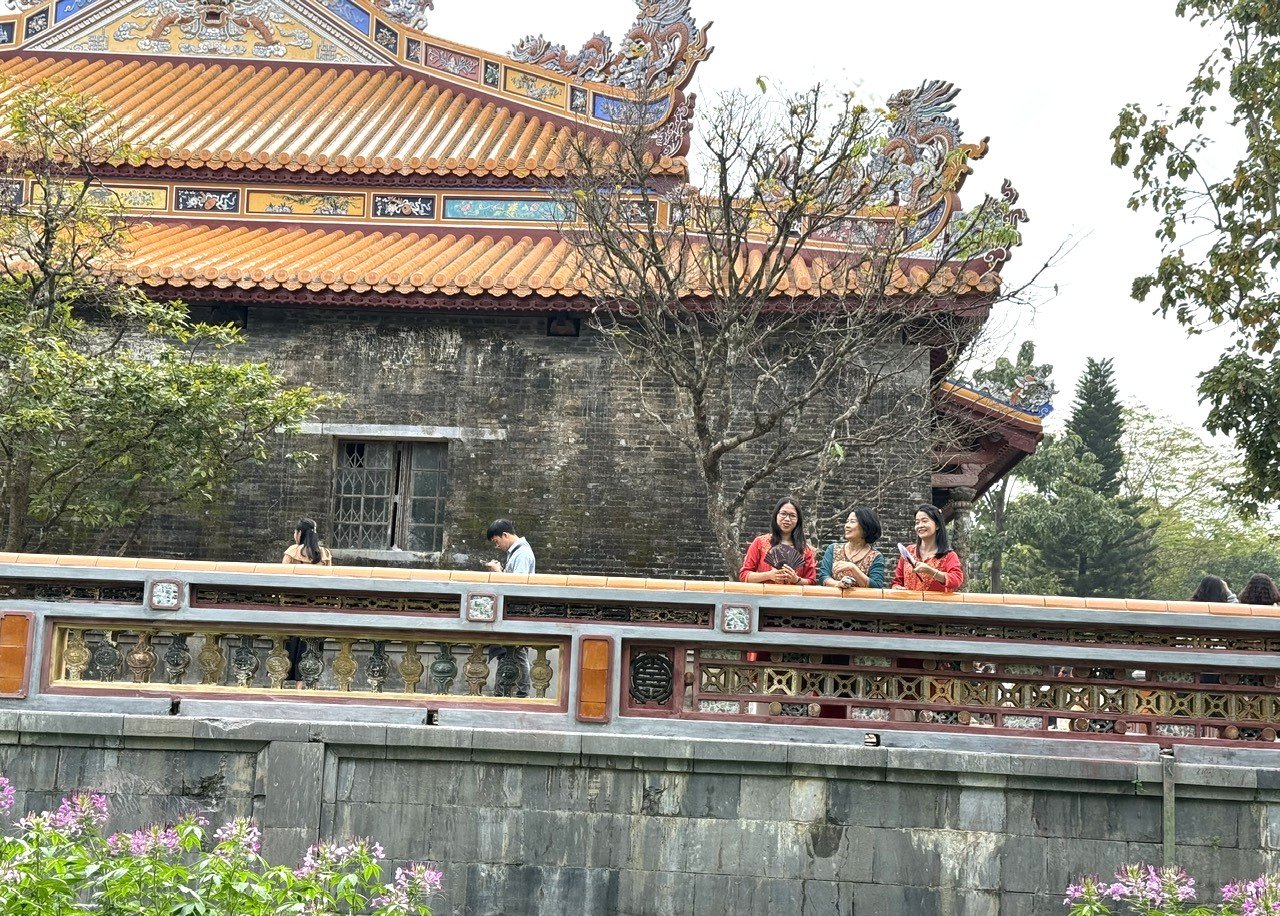
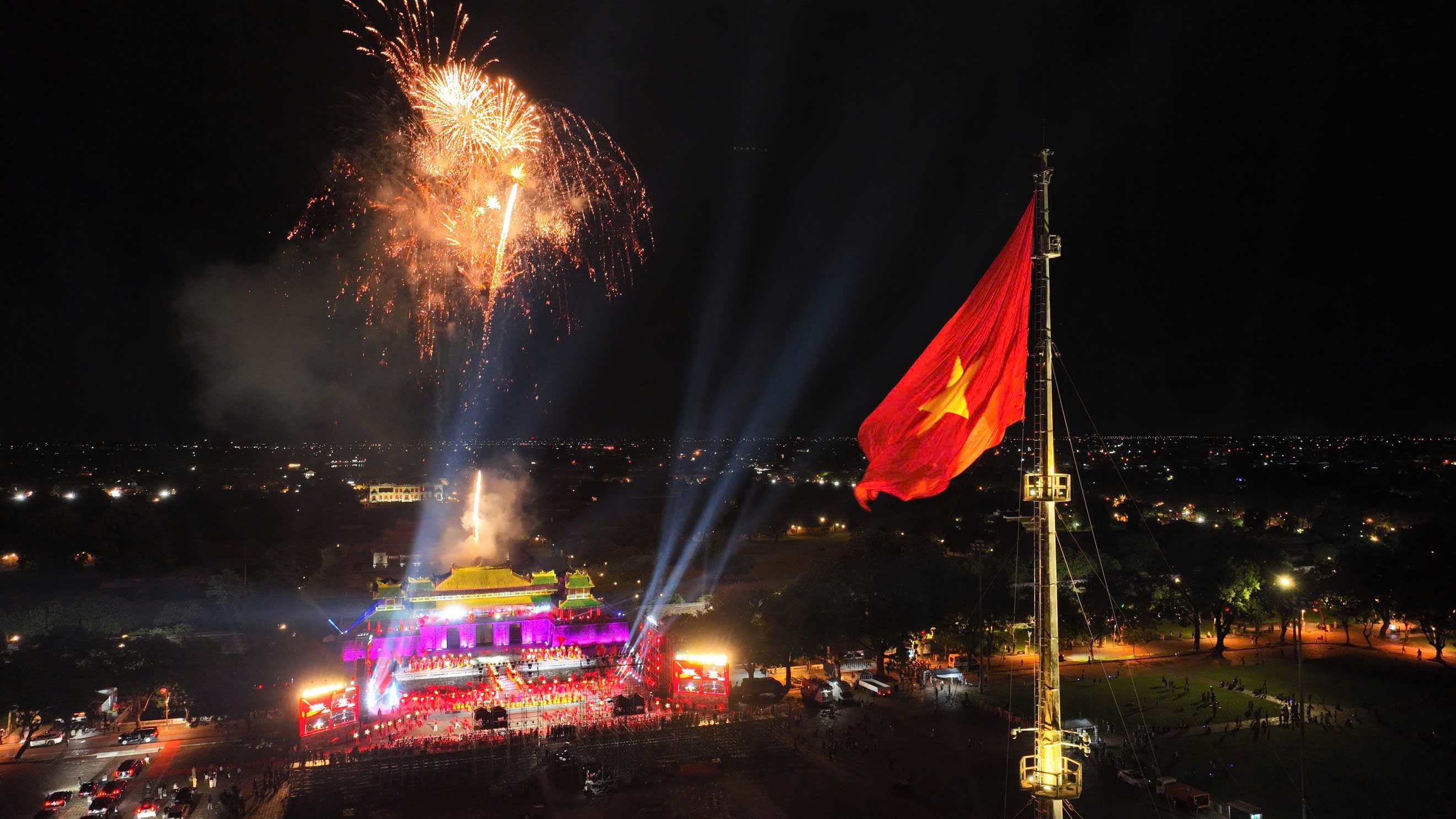






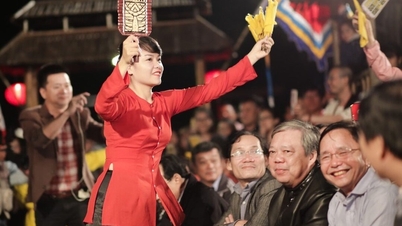

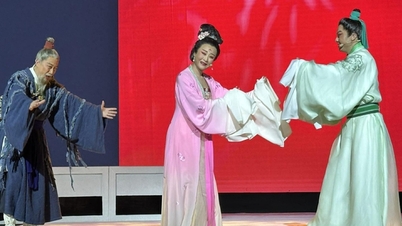


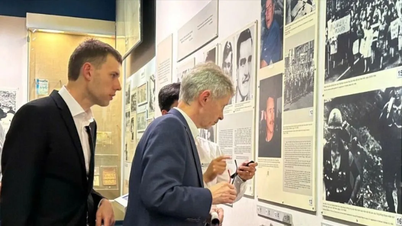

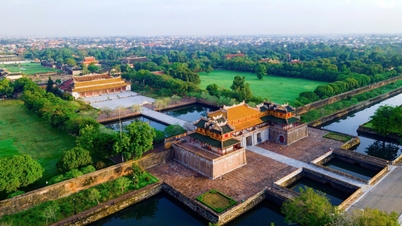

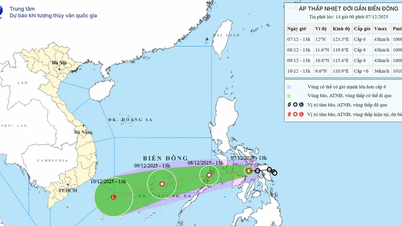
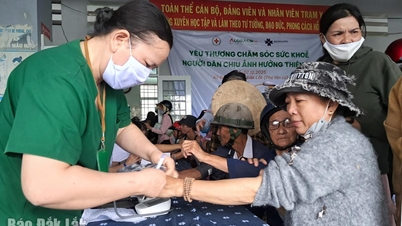

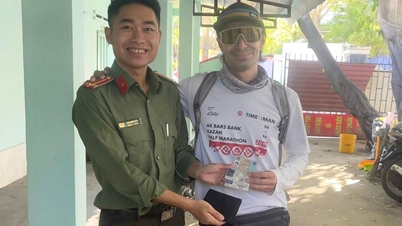



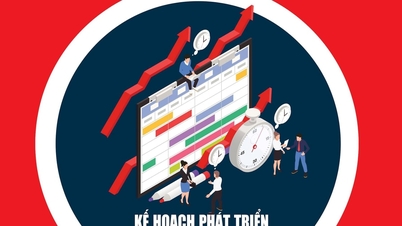

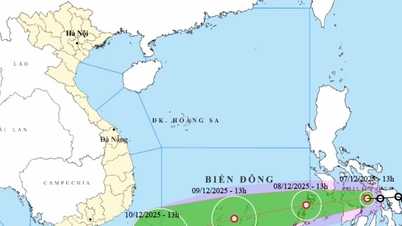




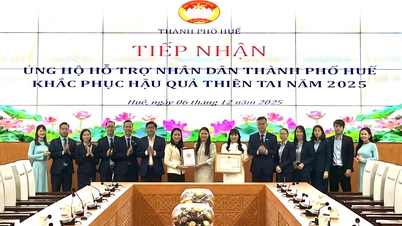
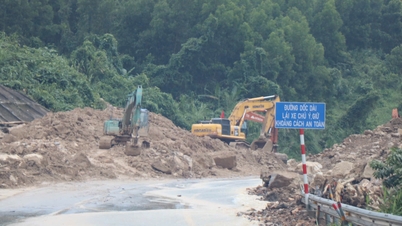
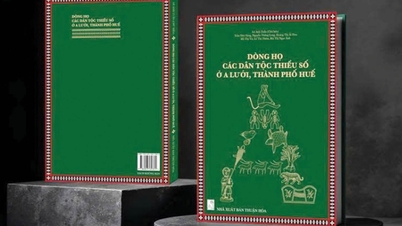
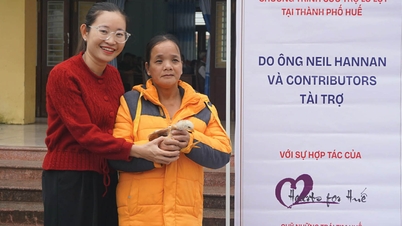
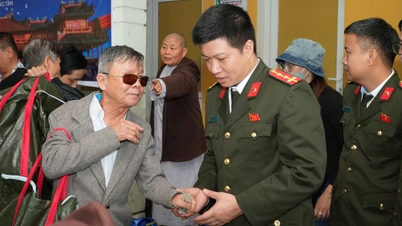
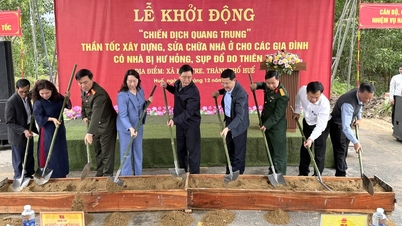





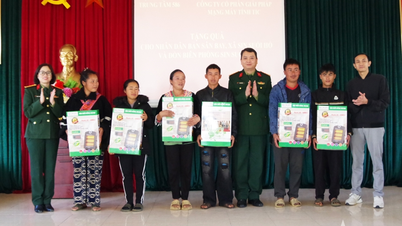





























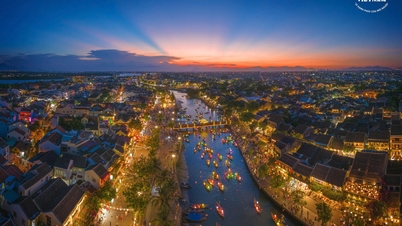




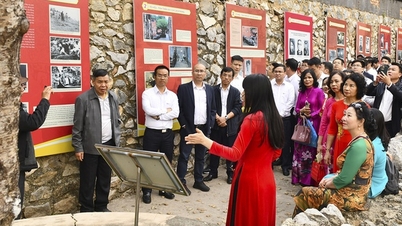



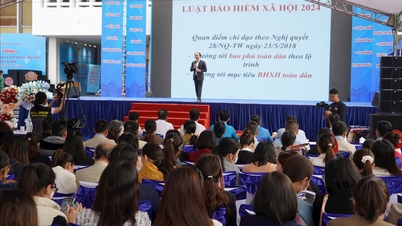

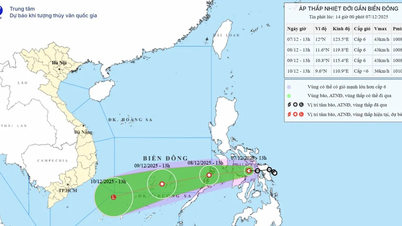
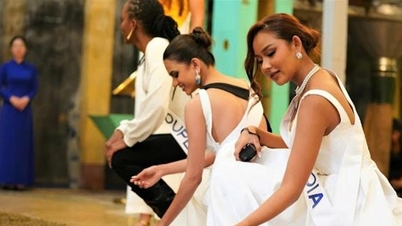

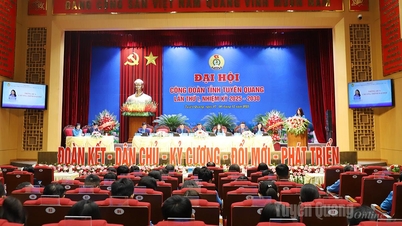



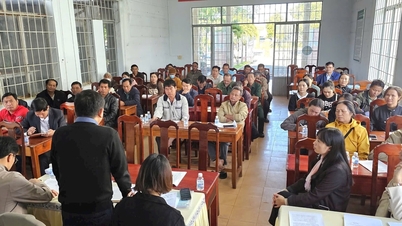
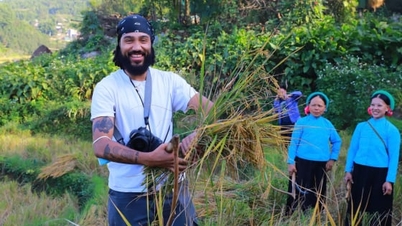








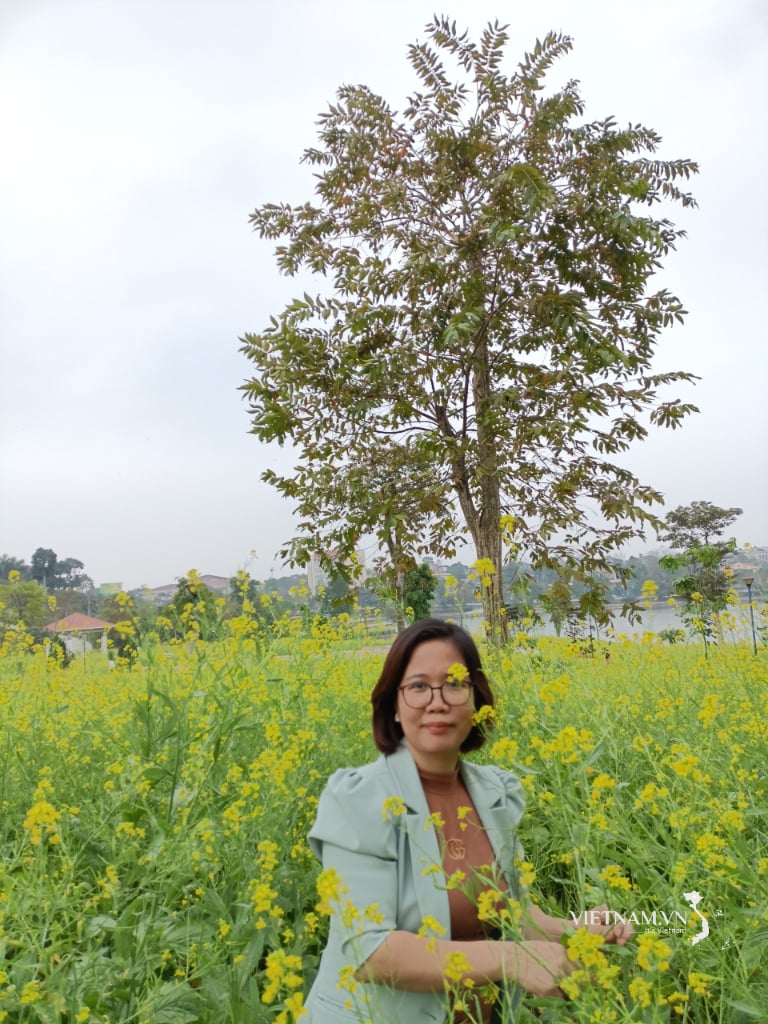






Comment (0)